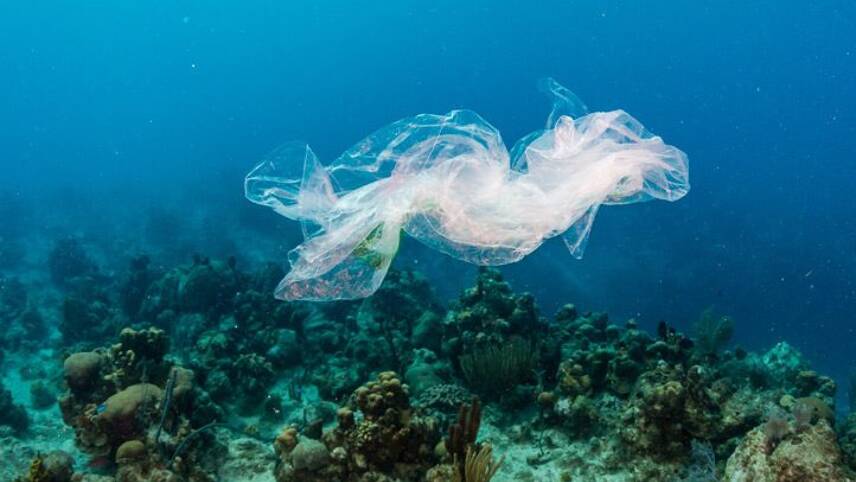Register for free and continue reading
Join our growing army of changemakers and get unlimited access to our premium content

Deep-sea mining also posed a new threat to the oceans
Plastic pollution is set to treble in the next decade, the environmental audit committee warned, while overfishing is denuding vital marine habitats of fish, and climate change is causing harmful warming of the oceans as well as deoxygenation and acidification.
The effects of plastic pollution are particularly poorly understood, the committee found in its report, published on Thursday. It found “a lack of data on the serious long-term harm and health implications of plastic particles entering the food chain” and accused the government of treating the oceans as “out of sight, out of mind”.
One way of tackling the problem would be through a “Paris agreement for the sea”, the MPs recommended. Governments are still working on a possible new ocean protection treaty, under the UN. The MPs also called for the government to bring forward the target date of phasing out avoidable plastic waste from 2042, and urged greater action to reduce greenhouse gas emissions.
Labour MP Mary Creagh, chair of the committee, said: “We have to stop treating our seas as a sewer. Plastic, chemicals and sewage are choking our oceans, polluting our water and harming every ocean species from plankton to polar bears. Supporting Indonesia and Malaysia to reduce plastic while simultaneously exporting our contaminated plastics to them shows the lack of a joined-up approach at the heart of the government’s strategy.”
Deep-sea mining also posed a new threat to the oceans, and should be closely regulated, the report suggested. Chemical pollution, including excess nutrients from fertilisers and mismanaged waste and contaminants, was identified as another problem needing attention.
The report noted the government’s efforts on marine-protected areas, but warned that allowing industrial fishing and damaging practices such as bottom trawling was undermining their effectiveness.
A UK government spokesperson said: “The UK is already a global leader in protecting our seas and oceans. We have recently proposed 41 new marine conservation zones, led calls to protect 30% of the world’s oceans by 2030, and we are going further and faster to tackle the plastic that harms marine life with our ambitious resources and waste strategy.
“We know there is more to do, and we will soon publish an international ocean strategy to drive global action to conserve the world’s oceans.”
Will McCallum, head of oceans at Greenpeace UK, said: “Our government has repeatedly stated its desire to lead the world in ocean protection, and this report outlines exactly how to do that. Reducing how much plastic we use in the first place will be vital, as well as banning problem plastics and introducing a plastic bottle return scheme as soon as possible.”
He also called for Antarctic ocean sanctuaries and a halt to deep-sea mining until its impacts are understood. “The oceans are our life support system,” he said.
Fiona Harvey
This article first appeared on the Guardian
edie is part of the Guardian Environment Network


Please login or Register to leave a comment.